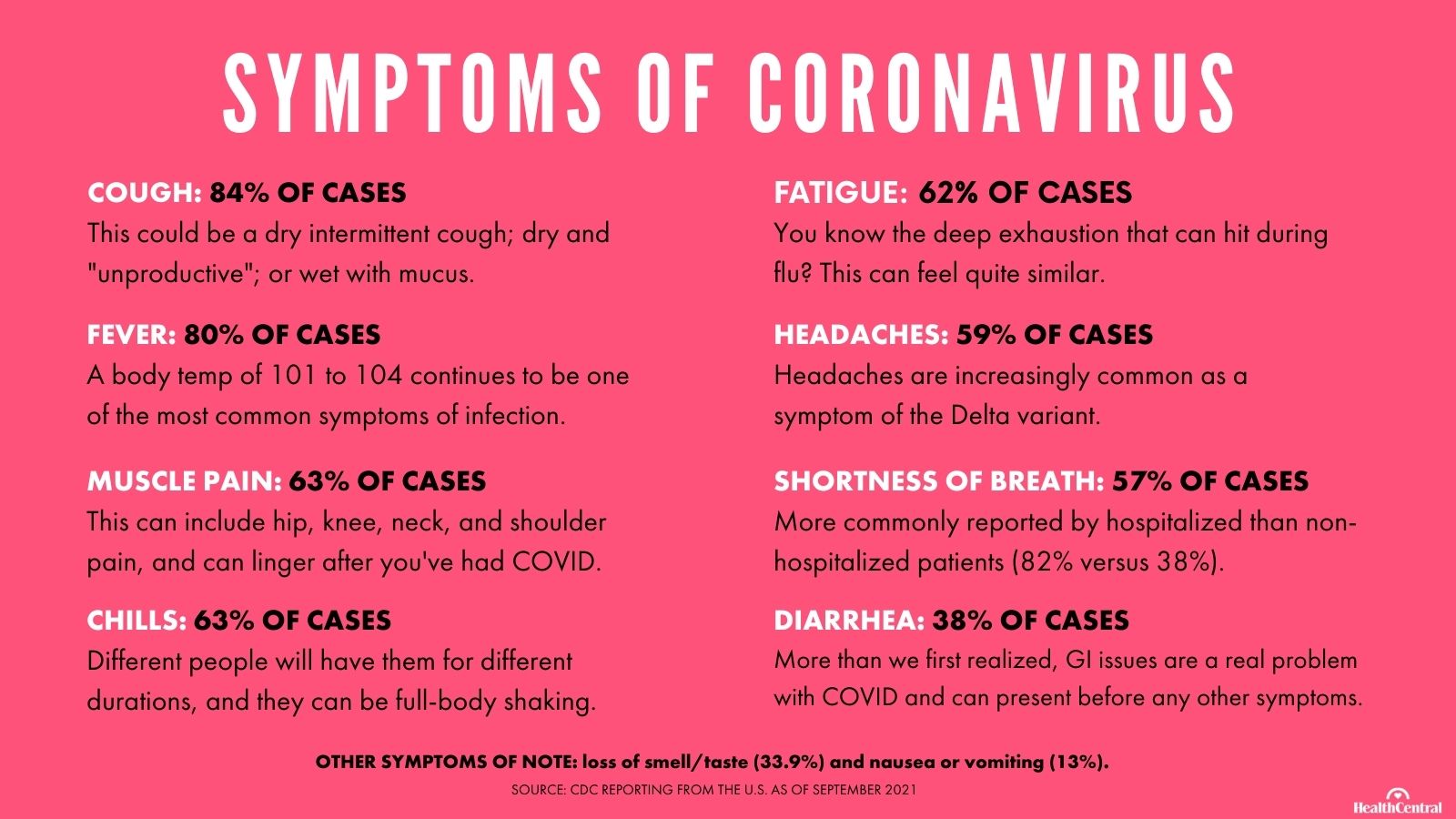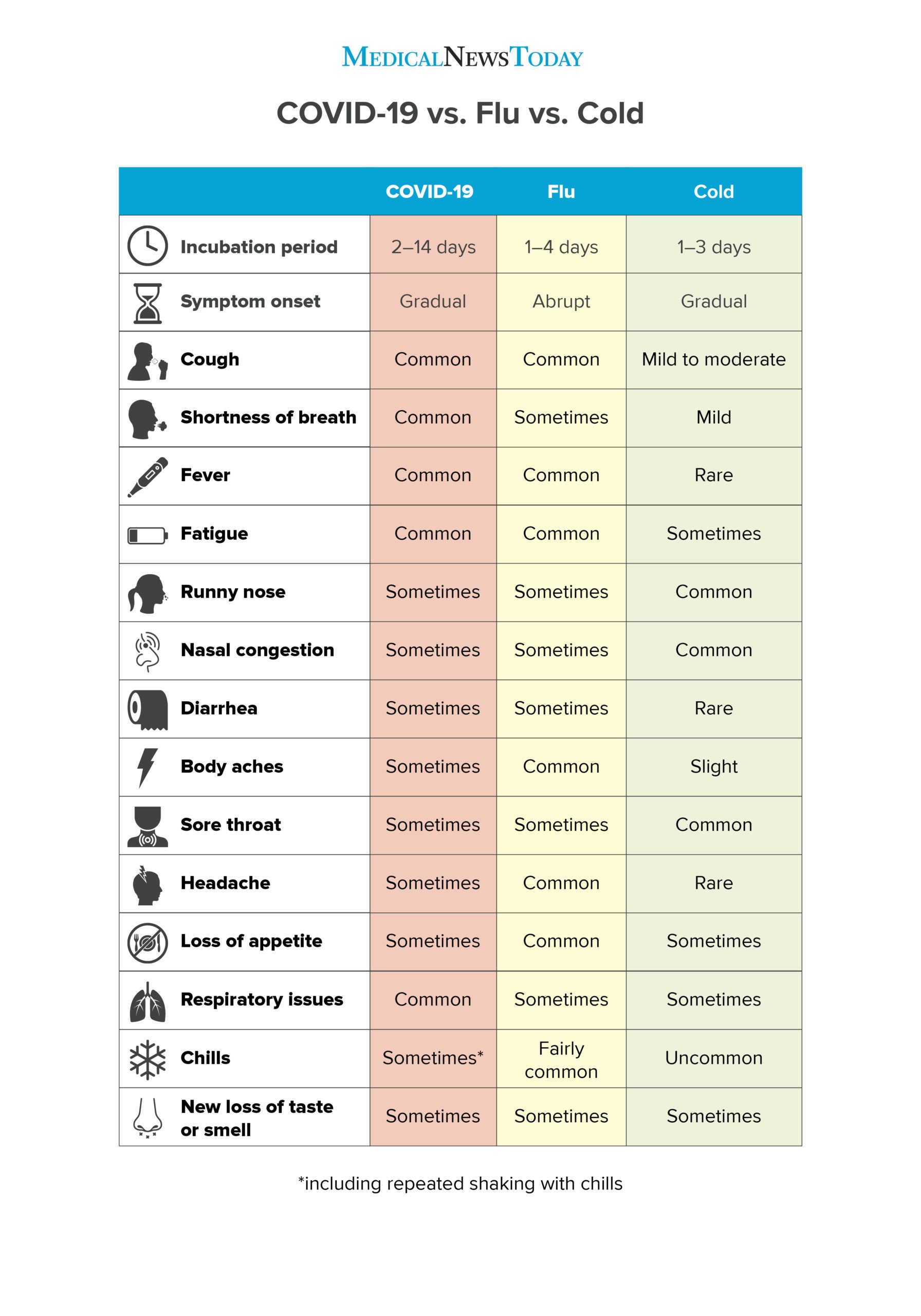
You should then continue to take additional precautions for up to 10 days after your symptoms started.

If you have severe symptoms like chest pain or difficulty breathing, go to the nearest emergency department.
SYMPTOMS COVID 19 OMICRON HOW TO
Learn how to properly self-isolate when you have COVID-19ĭo not leave your home except to get tested, to visit a clinical assessment centre, or for a medical emergency.

avoid non-essential activities where you need to take off your mask (for example, dining out).wear a tight-fitting, well-constructed mask in all public settings.When your symptoms are improving and you are no longer isolating at home, doing the following can provide extra protection against the spread of COVID-19 and other respiratory viruses circulating in the community. you do not develop any additional symptoms.your symptoms have been improving for at least 24 hours (or 48 hours if you had nausea, vomiting and/or diarrhea).You should stay home until all of the following apply to you: If you are sick, stay home to prevent transmission to others, except to seek testing or medical care if required. Take the long-term care home screener to find out if it’s safe to visit or go to work in a long-term care home. Take the school and child care screener to make sure it’s safe for you or your child to go to school/child care. Take it for yourself or on behalf of someone else. Take the COVID-19 self-assessment to receive recommendations on what to do if you have symptoms of illness or tested positive for COVID-19. Learn about our COVID-19 vaccination program Self assessments and screeners Learn about vaccines and immunizations in Ontario Vaccines are safe, effective and the best way to protect you and those around you from infectious diseases. It is important to get the COVID-19 vaccine when you are eligible and stay up to date with routine immunizations. covering your mouth when you cough or sneezeįor more information on how to protect yourself and others, read Public Health Ontario’s fact sheet.screening daily for signs of illness and staying home when you are sick.wearing a tight-fitting, well-constructed mask in indoor public settings, especially anyone at higher risk of severe infection.staying up to date on your COVID-19 vaccines and flu shots.This includes using the layers of protection that we know help keep ourselves and others healthy: While Ontario, like other jurisdictions, has taken measures to be able to live with and manage COVID-19 for the long-term, we still need to do our part to protect ourselves and others, especially during respiratory illness season.

To get health advice from a registered nurse or find health services or information, 24 hours a day, seven days a week:


 0 kommentar(er)
0 kommentar(er)
